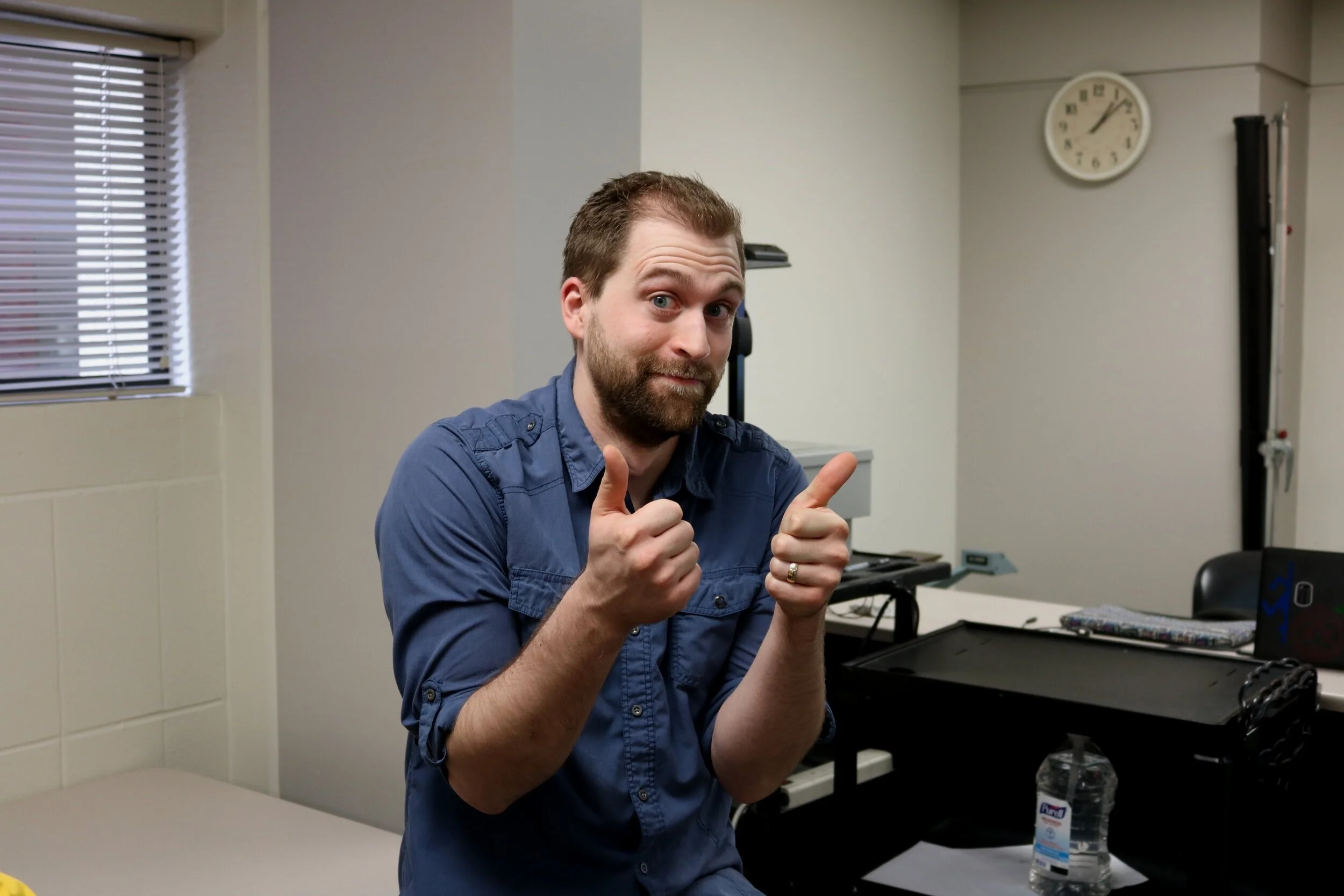Choosing the Right Research Mentor

Choosing the Right Mentor
You may have heard the saying, “If you love what you do, you’ll never work a day in your life.” One of the keys to loving your research is having a constructive mentor that gels well with your personality. In the next few sections, we are going to address what you want to be looking for when you pick a lab. There is no more important factor in making this decision than your research mentor. The people you decide to surround yourself with in your research is equally as important as the area of research itself. To back up slightly, your research mentor may come in a few different forms:
• A Professor/ PI (Primary Investigator) – the person in charge of the lab
• A Post-Doctoral Fellow/Research Professor – person who already has a PhD, but who works under the PI
• A Graduate Student – a person in process of obtaining their PhD
Most likely though, it will be a combination of some or all of these. One of these people, or a combination thereof, will have a huge impact on your undergraduate research experience, and have the ability to make your time fruitful and rewarding, or in some cases, a nightmare. Fret not, we are going to discuss things you may consider looking for when picking a research mentor to make your research experience as smooth and productive as possible.
Choosing the Right PI
Most research labs are run by one professor, or principle investigator (PI). They oversee the laboratory, secure research funding for supplies and personnel, and generally make the big decisions when it comes to the direction for the lab. Every lab operates differently, and how a lab is run is usually a reflection of the PI’s personality. This is why evaluating the PI’s personality and expectations are key to have a positive experience. If possible, it would be ideal to meet the PI you are interested in working for face to face. If that isn’t possible or if that is taboo for undergraduates in your lab, a good way to probe how the lab operates is to ask graduate students and other undergraduates working there.
Let’s look at a realistic example. Let’s say you are trying to decide between two separate labs, Dr Bob’s lab and Dr. Jane’s lab. After speaking to Dr. Bob’s lab, you find out the lab is well established and Dr. Bob is very “hands-off”. Dr. Bob only meets with his lab every other week in a group, and doesn’t have set aside one-on-one meetings with his students. He encourages undergraduates to participate in lab meetings, but does not have any expectations for what his undergraduates do. He assumes all responsibility for undergraduate student are in the hands of his graduate students and post-docs. On the other hand, Dr. Jane is a new professor with a very small laboratory. She meets weekly with each graduate student and undergraduate. Dr. Jane assigns undergraduates specific experiments to do each week and monitors their progress with weekly updates. Which lab should you choose?
Now, there is not a right and wrong answer here. You will likely encounter labs similar to each of these, or somewhere on the spectrum between the two. If you are someone who prefers more structure and organization (maybe the type who schedules everything on your calendar, even naps) then a lab with more structure, such as Dr. Jane’s may be best for you. Another benefit of Dr. Jane’s lab is you will get a lot of mentorship directly from a professor. However, if you are someone who thrives with a little more freedom in their life, and like a little more independence in your work, Dr. Bob’s lab may be best for you, depending on the graduate student whom is mentoring you.
Remember, picking a lab as an undergraduate student should be much less stressful than picking one for graduate school. In many cases, it is seen as a privilege to participate in research as an undergraduate, so finding multiple labs to choose from starting out may be difficult. Now is the time to experiment with different lab dynamics, so when it comes time for graduate school, you know what works best for you.
What to Expect from Your Graduate Student or Post-Doc?
Regardless of the lab style you choose, there are certain characteristics of a graduate student or post-doc you should be looking for. More than likely, a graduate student or post-doc will be the person you interact with on a regular basis. This will be the person who will be in the lab with you every day, teaching you about experimental techniques and supervising you. Starting out, you will most likely require close supervision and you may start out by shadowing your graduate student in the lab to learn the skills necessary for you to complete more independent research in the future. At some point, your graduate student/post-doc should let you get hands-on experience under their supervision. Once you are feeling comfortable with that, they may assign you independent tasks to complete on your own time. Every lab and every mentor are different, so you may have more or less freedom depending on your lab’s culture and your mentor’s personality.
After you have picked your research lab/PI, it’s unlikely you will have a choice as to what graduate student/post-doc you will be working with. Since this is a lot of times out of your control, you want to make sure you and your graduate student/post-doc can work well together. It’s important they establish clear expectations with you upfront, and you should feel comfortable communicating with this person in regards to questions or concerns with your project. If there is an ongoing problem between you and your graduate student/post-doc, however, it is often best to sort it out by coming to them directly with your concerns. If they are dismissive or continue to cause strife, it may be best to start looking for new labs. For more information on how to deal with mentor-mentee conflict, see “Professional Skills” section, specifically “Mentors” and “Common Issues” sections.





